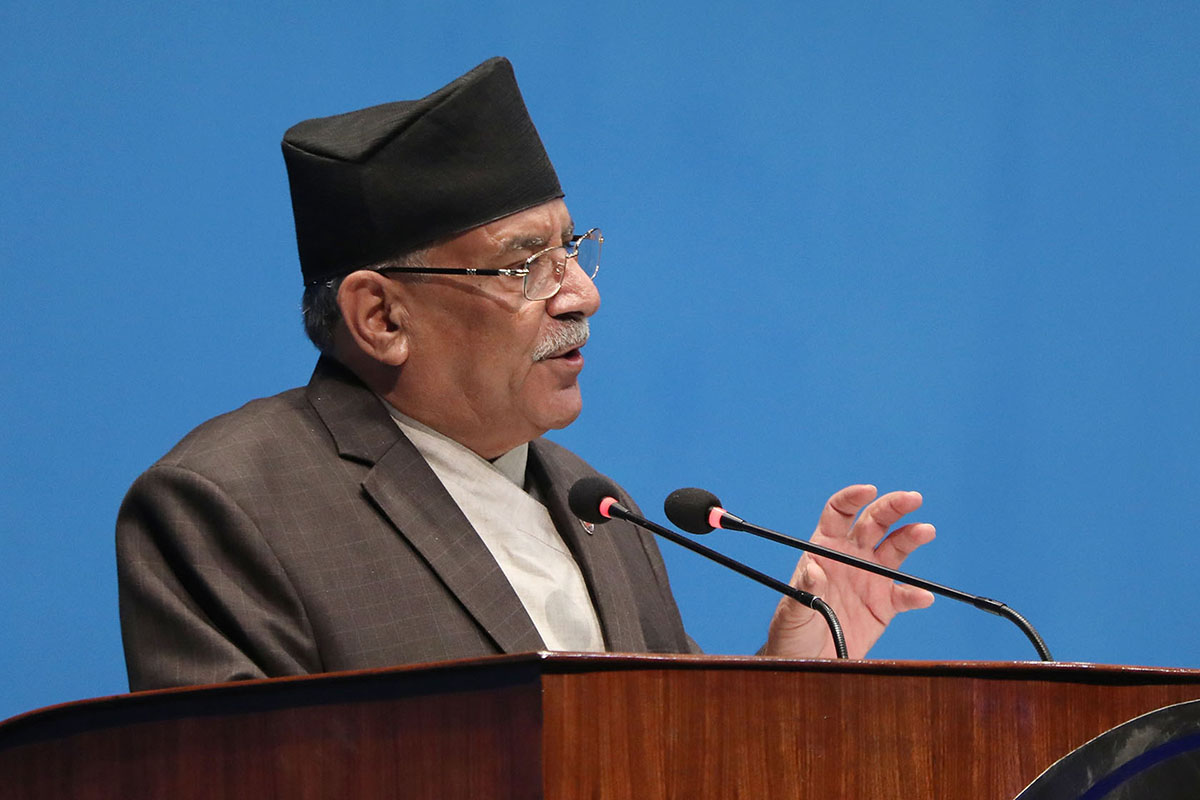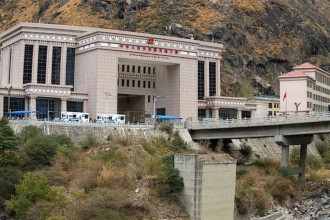
KATHMANDU: Prime Minister Pushpa Kamal Dahal has stated that the budget for the upcoming fiscal year 2024/25 is relatively balanced, equitable, and result-oriented. In response to queries raised by lawmakers during today's meeting of the House of Representatives, PM Dahal clarified that the budget aims to achieve good governance, social justice, and prosperity through rapid development.
He further noted that the provincial budget allocation has been comparatively adequate for Karnali and Madhes Provinces. The budget was formulated by various ministries to achieve targeted goals, including five objectives, five priorities, five strategies for economic reforms, and five transformative areas.
The Office of the Prime Minister and Council of Ministers (OPMCM) is actively working to make the governance system people-oriented, accountable, responsible, and result-oriented. Additionally, the federal democratic republic governance system defines the duties, responsibilities, rights, and roles of both the President and Vice-President.
Article 73 of the Constitution mandates separate offices for the President and Vice President, with the Government of Nepal providing necessary arrangements for employees and other provisions. Budget allocations for the Office of the President and the Vice President were made accordingly.
The budget has been allocated to various nine divisions under the OPMCM, with a significant reduction in recurrent expenditure this time. The National Planning Commission (NPC) plays an increasingly important role in drafting overall and integrated policies and planning within the existing federal setup.
The OPMCM, as the supreme executive body in the nation, has placed the Department of Money Laundering Investigation under its purview to enhance cooperation and collaboration at national and international levels on related issues. PM Dahal also informed the Lower House about the reduction of 68 quotas within the office.
Furthermore, the National Investigation Department now operates directly under the OPMCM, considering the sensitivity of information and the effectiveness of security management. This approach aligns with international practices, where security agencies remain subordinate to the executive chief of the country. In Nepal, this decision followed thorough analysis and consideration.
By RSS






